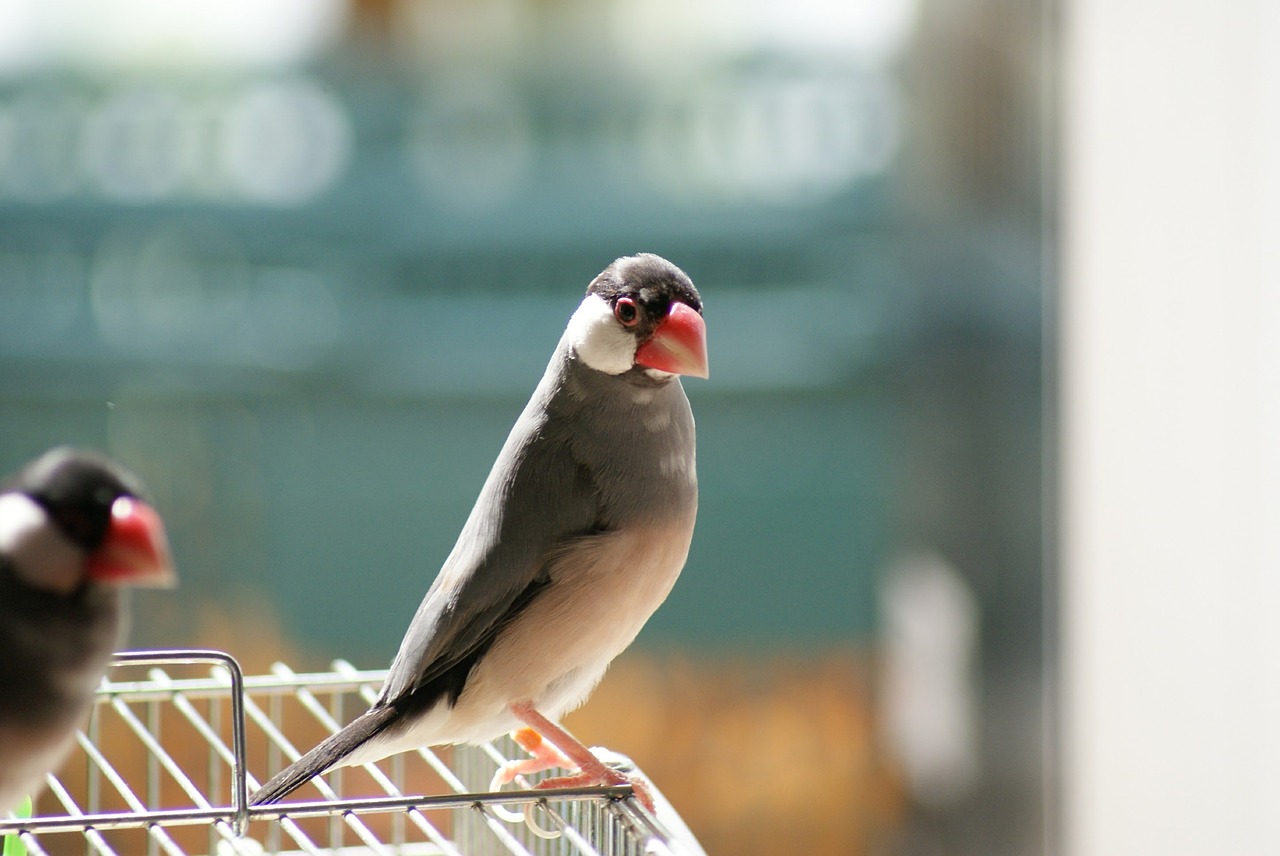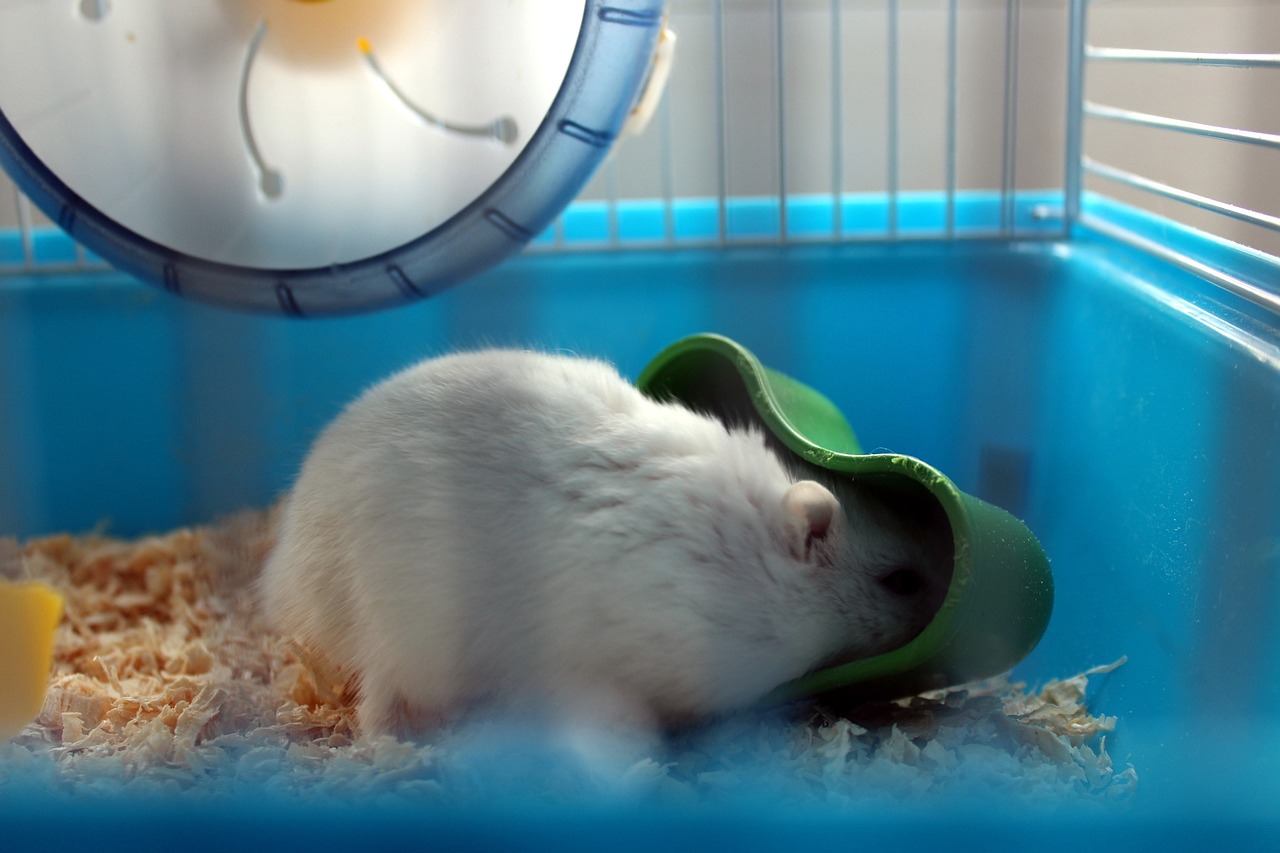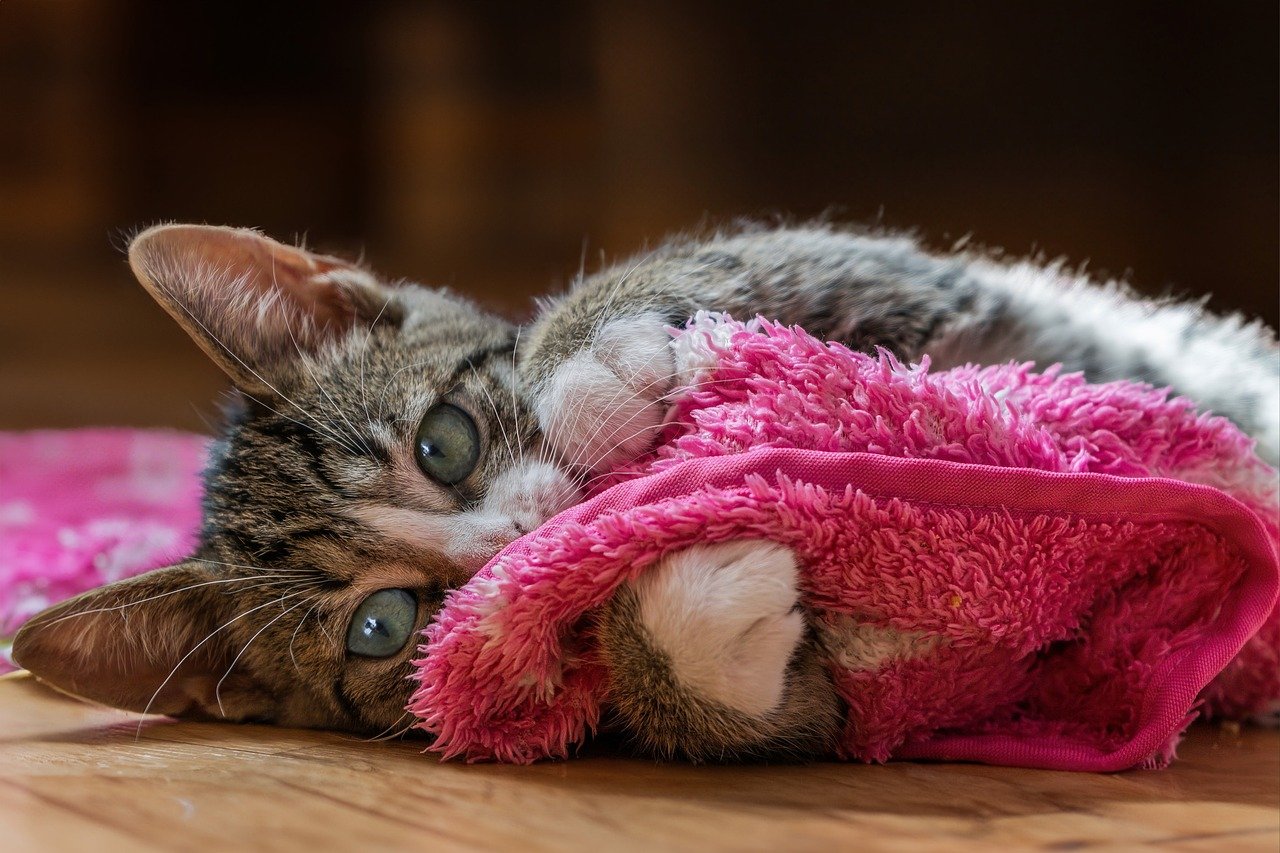Frequently Asked Questions” about choosing a pet for a single person.

Introduction
Hello, dear readers! In this article, we’re diving into the essentials of choosing the right pet when living alone. The decision to adopt a pet is significant, especially for single dwellers, as pets can play multiple roles in one’s life—from companionship to providing a sense of security. In this guide, we will explore why pets are invaluable to single residents and outline the structure of the article, which aims to walk you through the process of selecting the perfect companion that fits your lifestyle.
Basic Considerations Before Choosing a Pet
Before you decide to bring a pet into your home, there are several critical factors you need to consider to ensure that both you and your future pet live comfortably and happily. Let’s look into these foundational elements:
Realistic Time and Financial Commitment
Owning a pet is a long-term commitment that involves not just love and affection but also time and money. Assessing your daily schedule and financial stability is crucial as pets require regular care, including feeding, grooming, veterinary visits, and exercise. Ensure you have the time and resources to dedicate to the well-being of your pet.
Apartment or Condominium Pet Policies
Many living spaces, particularly apartments and condos, have specific rules regarding pet ownership. Check with your building management or review your lease agreement to understand any restrictions or requirements that could affect your choice of pet. Some buildings may only allow pets of certain sizes, or none at all, so it’s important to verify these details beforehand.
Compatibility with Pet Lifestyle
Every pet has its personality and needs. Consider how a pet’s lifestyle can mesh with yours. For example, active pets like dogs may require more time outdoors for exercise, while cats or small animals might be more suited to indoor living. Think about how much space you have, how much time you can spend with your pet daily, and your activity level to ensure a good match.
What Type of Pet is Most Suitable?
Choosing the right type of pet depends on your living conditions, lifestyle, and personal preferences. Each type of pet has its unique characteristics and needs, so it’s important to select one that aligns with your lifestyle.
Dogs: Breed, Personality, and Care Requirements
Dogs are often referred to as “man’s best friend” due to their loyalty and affectionate nature. However, they require significant care and attention. Consider the breed’s characteristics, such as size, energy level, and temperament, which can vary widely among breeds. Some dogs are more suitable for apartments or small living spaces, while others might need a lot of exercise and space to run. Regular walks, social interaction, and training are essential for keeping a dog healthy and happy.
Cats: Breed, Personality, and Independence
Cats are generally more independent than dogs, making them a good choice for individuals who have a busy lifestyle but still want the companionship of a pet. They require less space and are more self-sufficient. However, interaction and bonding time are still important. Cats also vary widely in personality and activity levels depending on the breed, so consider whether you want a more laid-back companion or an active one.
Small Animals: Rabbits, Hamsters, etc.
Small animals like rabbits, hamsters, guinea pigs, and gerbils can be perfect for smaller living spaces. They typically require a contained living area and are relatively low maintenance. However, they still need regular care, such as cleaning their cages, feeding, and, in some cases, social interaction.
Birds
Birds can be delightful pets with their vivid colors and ability to sing or mimic sounds. They typically require less space but can offer significant interaction. Consider the species, as some birds are very social and intelligent, needing daily interaction and mental stimulation, while others might be more decorative.
Aquarium Fish
Maintaining an aquarium can be a calming and rewarding hobby. Fish vary in their care complexity, from relatively easy-to-care-for freshwater fish to more complex saltwater species. An aquarium requires setup and ongoing maintenance, including regular water changes and monitoring of water conditions to keep the fish healthy.
Specific Steps in Choosing a Pet
Selecting a pet involves several important steps to ensure that you and your new companion start off on the right foot.
Pet Selection Checklist
Before choosing a pet, create a checklist of all the attributes you want in a pet and those you’d like to avoid. Consider size, energy level, care needs, and temperament. Also, think about allergies and how much time you can realistically dedicate to pet care.
How to Identify a Healthy Pet
When selecting a pet, it’s crucial to identify signs of good health. Look for clear eyes, clean ears, a shiny coat, and normal activity levels. Avoid animals that are overly lethargic, have discharge from the eyes or nose, or show signs of respiratory distress.
Choosing the Right Pet Shop or Breeder
Select a reputable pet shop or breeder. Good breeders and shops will be transparent about the health and history of their animals, offer a health guarantee, and be available to provide post-adoption support. Avoid places that do not allow you to see where the animals are kept or seem to have too many animals in poor conditions.
By following these steps and considerations, you can make a more informed decision about which pet is best for you, leading to a fulfilling and lasting relationship with your new companion.
Initial and Ongoing Costs of Pet Ownership
Owning a pet involves both initial investments and ongoing expenses that can add up over time. Understanding these costs is crucial for ensuring that you can afford to provide for your pet over its lifetime.
Initial Investments
The first costs you’ll encounter include purchasing necessities such as:
- Cages or crates: Essential for pets like birds, rodents, and even dogs when you’re not home.
- Food: Depending on the type of pet, this might include bags of feed, canned food, or fresh ingredients.
- Accessories: Items such as leashes, collars, toys, bedding, and grooming tools.
Ongoing Expenses
Routine expenses to keep in mind include:
- Food supplies: Regular purchases to keep your pet well-fed.
- Veterinary care: Regular check-ups, vaccinations, and treatments for parasites are necessary for keeping your pet healthy.
- Insurance: Pet insurance can help manage costs related to unexpected illnesses or accidents.
Unforeseen Costs
Unpredictable expenses can arise from:
- Illness or injuries: Emergency veterinary visits can be costly.
- Behavioral issues: Professional training might be required to address behavioral problems.
Common Challenges in Pet Ownership and Solutions
Owning a pet, particularly in a single-person household, comes with unique challenges. Here’s how you can address them:
Time Management and Combating Pet Loneliness
- Routine: Establish a consistent daily routine to help your pet adjust to your timings, including regular feeding, walks, and playtime.
- Interactive toys: Use puzzle feeders and toys that stimulate your pet’s mind and keep them entertained when you’re away.
Emergency Measures for Single Living
- Emergency contacts: Keep a list of emergency contact numbers, including your vet, a nearby animal hospital, and a trusted friend or relative who can take care of your pet if you’re unable to.
- Pet care plan: Have a plan in place for who will care for your pet if you have an unexpected absence.
Addressing Behavioral Issues
- Training: Invest in professional training classes for behavioral issues, especially for dogs, which can help strengthen your bond and improve obedience.
- Consistency: Use consistent commands and rewards to reinforce positive behaviors at home.
By anticipating these costs and challenges, you can prepare effectively and ensure a healthy, happy life for your pet, making the pet ownership experience enjoyable and rewarding for both of you.
Tips for Comfortable Living with a Pet
Ensuring that both you and your pet live together comfortably requires attention to your home’s setup, routine care, and engaging activities. Here are some tips to create a harmonious living space for you and your pet:
Home Setup for Pet Comfort
- Safe Space: Create a specific area where your pet can feel secure and relaxed. For dogs and cats, this might be a bed or crate; for birds, a well-placed cage; and for small animals, a spacious enclosure with room to explore.
- Pet-proofing: Ensure your home is safe for pets by securing potentially dangerous items like electrical cords and toxic plants. Make sure windows and balconies are secure to prevent falls.
Daily Care Essentials
- Regular grooming: Depending on your pet, regular grooming may include brushing, baths, nail trimming, and teeth cleaning.
- Feeding routine: Stick to a feeding schedule that suits your pet’s dietary needs. Always provide fresh water and consider the nutritional value of their food.
- Health checks: Regularly check your pet for signs of illness, like changes in appetite or energy levels, and keep up with vaccinations and parasite control.
Activities to Strengthen Bonds
- Interactive play: Engage in play that stimulates your pet’s body and mind. Use toys that mimic hunting activities for cats or fetch and tug-of-war games for dogs.
- Training and learning: Spend time teaching your pet new tricks or commands. This not only stimulates their mind but also enhances your bond.
- Quiet time together: Sometimes, simply spending quiet time together can strengthen your relationship. This can include petting or gently grooming your pet.
Conclusion
Reaffirming the Benefits of Owning a Pet While Living Alone
Owning a pet can immensely enrich your life, especially when living alone. Pets provide companionship, reduce stress, and can even help in developing a routine that can make everyday life more fulfilling.
Engaging with Readers
I hope this guide has provided you with valuable insights into choosing and living with a pet. I invite you to share your experiences or ask questions in the comments below—whether you’re considering a pet or already have one. Your stories and queries not only enrich our discussion but also help others in their pet-owning journey.
Follow-Up Resources
For more detailed information and ongoing support in your journey with pets, consider subscribing to our newsletter. You’ll receive regular updates on pet care tips, latest trends, and answers to common pet-related questions.
By preparing your home and lifestyle for a pet, and engaging with the community of pet owners, you can ensure a long, happy, and healthy life for your companion and enjoy the unique joys that come with pet ownership.






